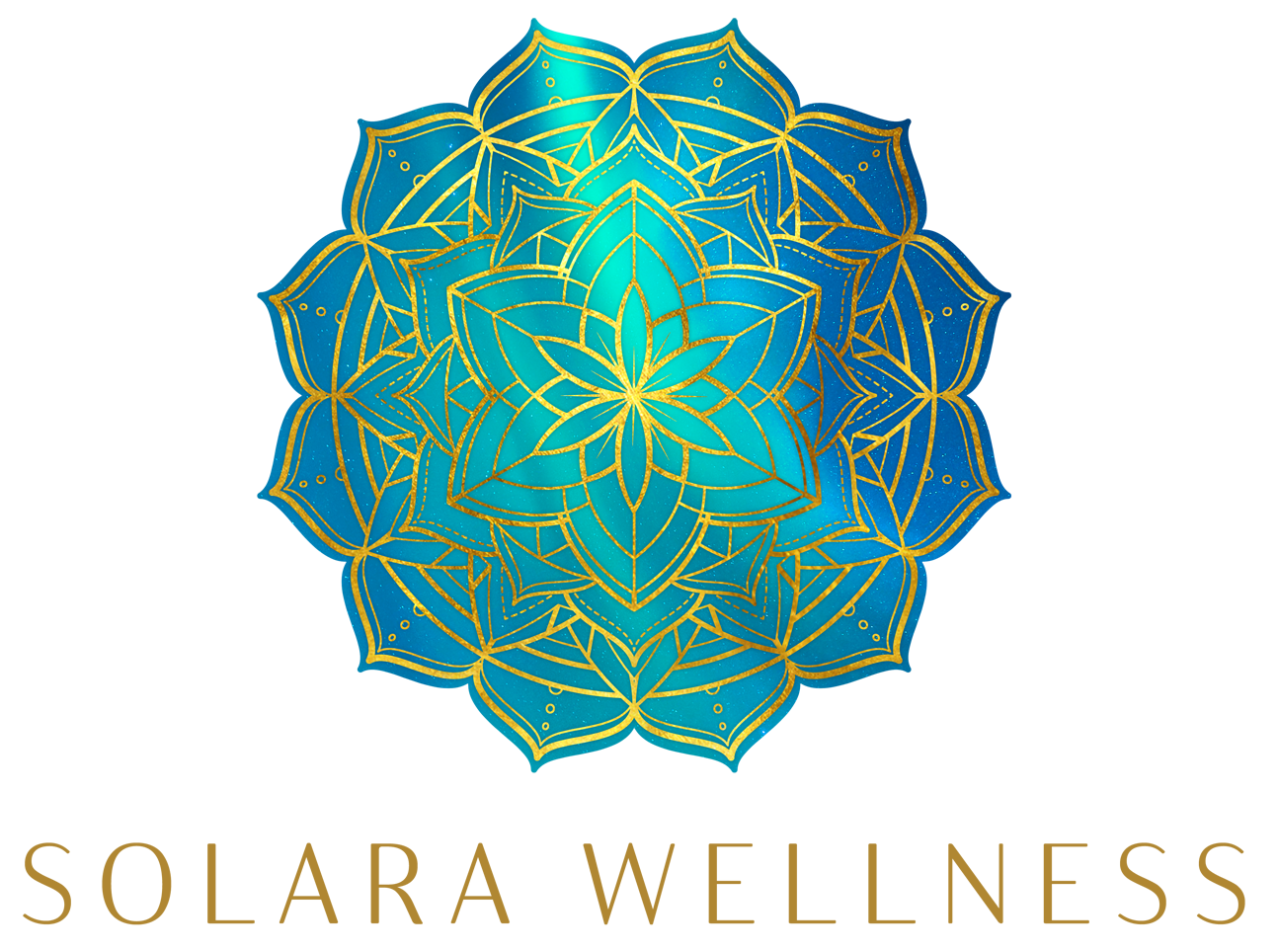Acupuncture F.A.Q.’s
What is Acupuncture?
Medical acupuncture is a holistic and practical approach to your wellness. It is scientifically backed to successfully treat many conditions and improve general physical and emotional well-being. Acupuncture is the insertion of tiny needles less than a few millimeters into the body. The needles are placed strategically in certain points in different meridians of the body. Mechanoreceptors are triggered which send a message to the brain which triggers the release of endorphins and chemicals known to heal and relieve pain.
Do Needles Hurt?
The needles used are much thinner than the ones used for injections or blood draws, in fact about 50-75 acupuncture needles can fit into one hypodermic needle. Most patients do not even feel the needles being inserted. It is possible you could feel a slight pinch similar to plucking a hair but once the needle is in place no pain is felt and patients usually enter a state of deep relaxation and regeneration as your body works to heal.
What Should I Expect During Treatment?
Depending on the patient's condition, a selection of points will be utilized. In most treatments approximately 10-30 needles will be inserted and retained for 30-45 minutes. Most patients feel a sense of relaxation and other positive symptoms during and after treatment such as being energized, relieved of aches and pains and relived of insomnia.
What Conditions Does Acupuncture Treat?
Acupuncture is used to treat conditions including but not limited to headaches, migraines, infertility, pregnancy support, morning sickness, menstrual cramps, back pain, neck pain, knee pain, shoulder pain, chronic pain, fibromyalgia, allergies, asthma, digestive problems, carpal tunnel, tennis elbow, inflammation, postoperative and chemotherapy nausea and vomiting, post traumatic stress disorder, depression, anxiety, stress and mood disorders.
The U.S. Department of Health and Human Services states that, "promising results have also emerged showing efficacy of acupuncture in postoperative and chemotherapy nausea and vomiting and in postoperative dental pain. There are other situations such as addiction, stroke rehabilitation, headaches, menstrual cramps, tennis elbow, fibromyalgia, myofascial pain, osteoarthritis, low back pain, carpal tunnel syndrome and asthma in which acupuncture may be useful as an adjunct treatment."
How many acupuncture treatments will I need?
The amount or dosage is different for each individual and depends on several factors such as the severity of the condition and the level of results desired. Just as many conditions and diseases don’t just show up overnight, they also generally can’t be cured overnight. During your initial visit your acupuncturist can help you come up with a treatment plan that is right for you.
When can I see results?
Many patients see results after the very first visit and that often lasts for a few days, however depending on the condition and severity, it can be expected that it could take a couple of visits before noticing improvement. When you’re consistent with the recommended treatment plan, your body will be able to re-balance and heal and you’ll feel better and better as your body eases back into homeostasis.
Online Booking Available for Lansing Location
Call for Our Grand Haven Appointment Availability

